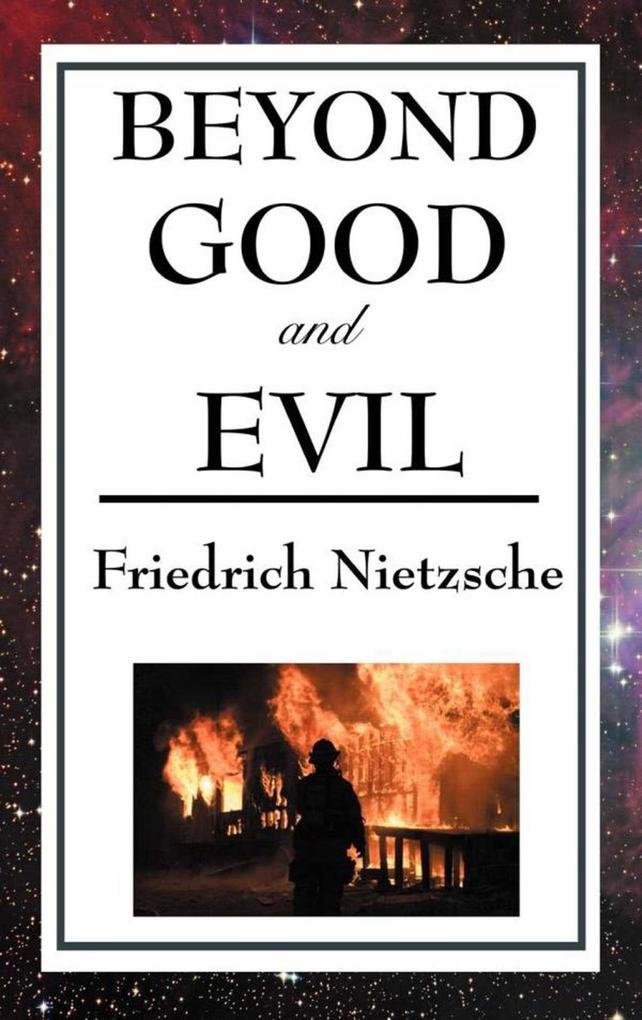
Sofort lieferbar (Download)
In Beyond Good and Evil, Nietzsche attacks past philosophers for their alleged lack of critical sense and their blind acceptance of the Christian premises in their consideration of morality. The work attempts to move "beyond good and evil," in the sense of leaving behind the traditional morality which Nietzsche subjects to a destructive critique in favor of what he regards as an affirmative approach that fearlessly confronts the perspectival nature of knowledge and the perilous condition of the modern individual.
Mehr aus dieser Reihe
Produktdetails
Erscheinungsdatum
18. Februar 2013
Sprache
englisch
Seitenanzahl
169
Dateigröße
0,27 MB
Reihe
Dover Thrift Editions: Philosophy
Autor/Autorin
Friedrich Nietzsche
Verlag/Hersteller
Kopierschutz
mit Adobe-DRM-Kopierschutz
Family Sharing
Ja
Produktart
EBOOK
Dateiformat
EPUB
ISBN
9781625586100
Entdecken Sie mehr
Bewertungen
0 Bewertungen
Es wurden noch keine Bewertungen abgegeben. Schreiben Sie die erste Bewertung zu "Beyond Good and Evil" und helfen Sie damit anderen bei der Kaufentscheidung.

































